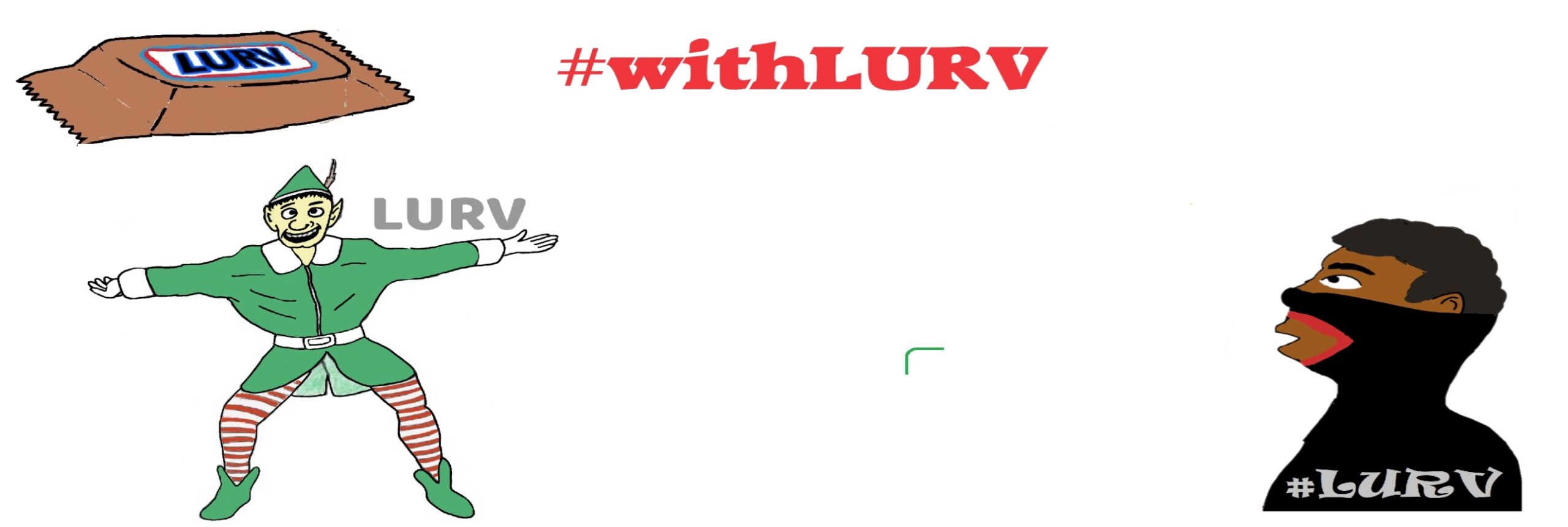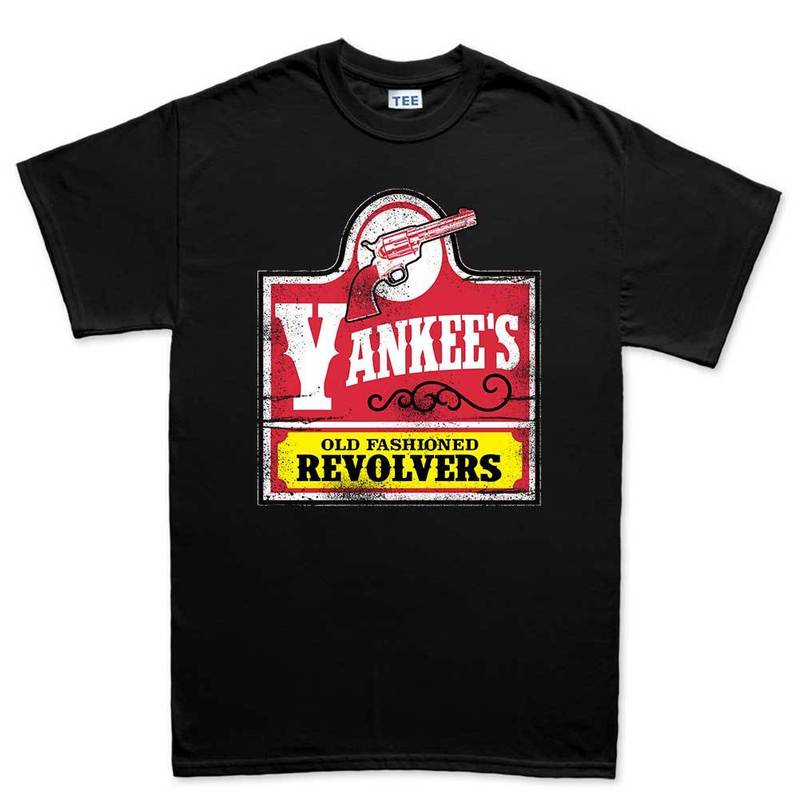What Kobe Bryant said prior to the London Games was actually fairly reasonable: he said the 2012 Olympic basketball team could beat the 1992 team. Not “We’d kill ’em.”
We can be sure that he didn’t volunteer it. He was asked, and he answered. That statement was tepidly co-signed by LeBron James. Michael Jordan and Charles Barkley, members of the Dream Team, laughed Kobe off. Sports media and fans picked up the topic for a few weeks. Vegas responded to the talk by making the ’92 group a -8 favorite.
It’s all opinion, so here’s another: This writer believes that the Dreamers would win a take-all game, and win a series in six games, five if they were ticked off for some reason. Having watched the entire careers of all involved players (I take no pride in admitting to watching so many NBA, Olympic, and Eurobasket games over the last thirty years), I think the talent is fairly even.
However, the inside combo of Pat Ewing/David Robinson is far better than 2012’s answer: Tyson Chandler. More importantly, only Kobe is life-or-death competitive when it comes to the ’12 guys; Jordan, Bird and Magic’s ferocity would put the 1992 team over the top.
Don’t let Magic’s smile fool you–by all accounts he was a vicious opponent. Bird’s delivery of withering one-liners, which he nearly always backed up, are recounted in books by Barkley and Jayson Williams. Once, as Bird talked trash, draining shot after shot, he provoked the normally even-tempered Julius Erving into attacking him. And Jordan was so on fire, the burn lasted all the way into his Hall of Fame speech.
But that’s the point: What exactly are we talking about here? A one-game tournament situation? Game Seven (or One, or Four) of a seven-game series? A pickup kind of game? Would it be like a boxing rivalry, where the opponents face each other over months or years? Since we’re imagining things that are unknowable, can we imagine all of these players as 25 to 28 years old and healthy? That would certainly change the game. No one ever defines these issues. Apparently if we stop to examine, less fun is had. Which means every argument starts to be about ‘Cause I said so.

Let’s dig deeper. It gets clunky and awkward to carry a comparison between the Dream Team and every American Olympic team that follows. Here are a few reasons why this debate is lotsa fun, but finally silly.
The Dream Team was a response to a threat, and that threat was a multilateral arming of other nations. Boys from different places had grown up watching Larry Bird, Magic Johnson, Jordan, and the others. The world showed up in 1988 and whipped college kids from the United States. Like a dominant prizefighter stung by his smaller opponent, America responded with devastating haymakers: the professionals.
This was not a true all-star team, a fact that rarely sees the light of day. Notice the absence of Isiah Thomas (who remains underrated to this very day) in favor of NCAA all-timer Christian Laettner. The inclusion of Laettner was supposedly a nod to the suddenly-extinct Olympic teams made of college players, but actually a result of the Jordan-Thomas feud of that time. And imagine the young, bouncy Shaquille O’Neal, who left school the same year as Laettner, on the Dream Team.
Also, keep in mind that Bird, who is on every serious hoops fan’s “Top Ten Ever” list, was hurt before the Dream Team run. He was close to retirement from the injuries. Do we really believe that a circa-1985 Bird wouldn’t have made this team even more ridiculously good?
Calling subsequent Olympic basketball teams “Dream Team II”, “this year’s Dream Team”, and so on, is simply nonsense. But the media, and by effect most fans, keep doing it.
Related: 1996 Bulls v. 2016 Warriors
There was only one Dream Team, because the 1992 squad was a collection of ambassadors. It wasn’t about taking the twelve best players (or as the strategy goes today, the twelve pieces that fit best). The Dream Team was full of recognizable faces, and commissioner David Stern had already been working for more than a decade to make individual faces the front for the NBA. Obviously, Stern’s plan worked.
That team was a marketing plan, an advertisement. While that is still true of today’s teams, the Dreamers took that publicity for a longer ride than any basketball team ever will again.
And that’s the point of the name–there won’t be another outreach effort for the pro basketball game, because it’s no longer necessary. Kids around the globe are shooting hoops into trashcans and bottomed-out milk crates, wearing LeBron and Yao Ming jerseys. Even if an American Olympian group comes along that is clearly the best, they wouldn’t deserve the played-out moniker of basketball’s “Dream Team.” If the players on that future team are wise, they won’t even accept it. Why? “Because we want our own name.”
The international basketball scene has evolved. Basketball fans remember players from other countries taking a whipping from the U.S. team, then lining up for autographs and cheese-filled photos. In 1992, there were a relative handful of foreign-born players in the NBA. There were 75 in 2008, enough to fill an entire division.
For the newer basketball players, their international opponents haven’t been in awe in a while. See: 2004 Olympic results. Today’s NBA/Olympic reps are no strangers to the world; the mystique is long gone, and it takes more to beat the Spains and Argentinas. As a result, the young generation doesn’t look as dominant on the world scene as the ’92 team.
“Past v. present” comparisons are unfair in most sectors, and especially in sports. No one ever frames the athletic question this way: All things being equal, who would win?
Those things include improved training, technology (such as better shoes and playing surfaces) and ever-more specialized diets (including supplements). The benefit of hindsight might be most important of all–Kobe and others had/have access to thousands of hours of videotape. Like any ball player, he practiced the professional basketball moves that he saw. Early in his career, he even copied Jordan’s vocal cadence and knack for unoffensive sound bites.
Would Usain Bolt dust an in-his-prime Jesse Owens? The numbers leave no room for doubt. Even the men that Bolt consistently beats, like the excellent sprinter Tyson Gay, would beat Owens. But what if Owens was born in 1980, and had all of the advances today’s Olympian enjoys? Carl Lewis, who is only two decades removed from competition, and was about two-tenths of a second slower than Bolt’s world record, would likely make up the difference if born a few years later.
The later generation always sees their forebears as less intelligent, less advanced, less progressive. But the parents and grandparents build the infrastructure and the technological toys that their children enjoy. People under age 25 are often dismissive of elders, yet without shoulders to stand on, what would the up-and-comers do? Not much. They wouldn’t even be born.
Experienced heads and young ’uns will always butt heads over old school and new. No matter which side the observer may choose, the choice can be justified. Do you respect the one who builds, or the one who improves? Tradition or progression? Is the foundation what matters, or are you impressed with the penthouse view? Whatever your personal answer is, remember to follow up at the end with “‘Cause I said so.”
Related: Dismantling Jordan
Kobe was asked a question, and unfortunately he answered honestly, if not necessarily truthfully. We tend to ask famous people things, and then rip them to shreds no matter what. If they speak their hearts, or are extremely confident, someone is always offended. If they are masters of the politically correct answer, they are too cautious at best, dishonest at worst.
But the celebrity is mandated to interact with the symbiotic monsters. So much so, that we’re at a point where, if you don’t respond to media, they (and gullible viewers) try to bury you with falsehoods and speculation. What happened to the “no bullying” agenda that most big media has embraced?






